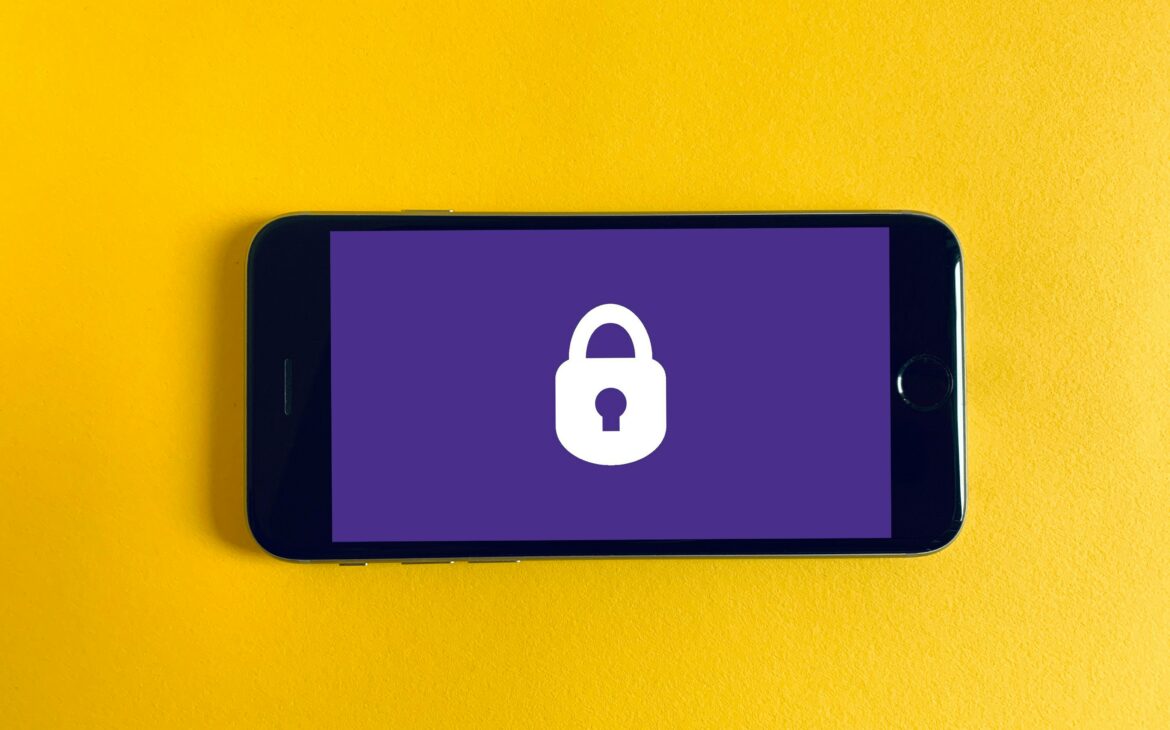4 RULES TO KEEP KIDS SAFE ONLINE

As a parent, it’s tough to walk the middle ground between allowing room for exploration while also keeping your kids safe online. Follow these key guidelines to keep your young children safe to explore the open Internet.
Start with Parental Controls, but Understand the Limitations
A good place to start ensuring a young child’s online safety is with online parental controls. These are software programs that block unsafe websites or content. Better yet, they may operate with a whitelist of approved sites rather than a blacklist of blocked ones. They may also block and alert of inappropriate search terms.
Although these options are getting better all the time, your child won’t always access the Internet through a browser you control. You’ve got to teach them to be smart.
Rules for Kids’ Online Safety
| Keep Personal Information Anonymous Name, age, password, address or location, and any contact information like phone nu1mbers. |
| Keep Personal Photos PrivatePhotos of your child, their family, their house, or their friends. |
| Alert Adults to Inappropriate Content You may warn your child of depictions like violence, guns, nudity, or other instances using age-appropriate language. |
| Alert Adults to Inappropriate Content You may warn your child of depictions like violence, guns, nudity, or other instances using age-appropriate language. |
Bonus Safety Tips for Parents
- Bring your child to computer time with you to teach them by example.
- Keep your child’s computer in an accessible area where you can watch its use.
- Bookmark your child’s favorite sites so they can get to them easily.
- Help children with a basic understanding of Internet scams, like phishing.
- Teach your child that they can always say ‘no’ to requests made online.
- Consider scaling down screen time by engaging children in other activities.
Prepare Your Child
To further keep your kids safe online is to prepare them for specific situations they may encounter, and exactly how to react to them. Most likely by turning off the computer, or bringing the matter to the attention of an adult.
Keep up with Their Activity
Learn which sites your children visit and ask about them. Talk about the kind of experiences they have there. Consider checking the browser history or their screen time report of the devices your children use. Knowledge is power when it comes to keeping kids safe online. When you know what they’re doing, you know if you have to redirect them away from a site or activity.
And in addition to helping keep your children safe online, knowing where they’re spending their time will also help clue you into their interests so you can learn more about them!

Talk to Them About What They See & Post
Childhood is a time of innocence and wonder, but children should know that the Internet isn’t inherently safe. Ensuring that your kids are safe online means getting their cooperation.
Talk to them about Internet privacy, and make sure they know never to post their name, their friends’ names, age, address, or where they could meet up in person. Community is important for a child, but young kids should be using the Internet to strengthen the one they already have.
Talk to Them About What They Learn
Honesty and empathy are important traits that most of us learn from our parents, and they can be in short supply on the Internet. Keeping kids safe online has just as much to do with mental well-being as it does with their physical safety.
So have honest conversations with your child about what they’re seeing. Help them learn to distinguish between good and bad behavior for themselves, and understand what is and isn’t trustworthy online.




